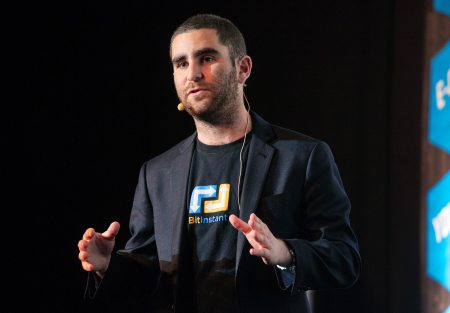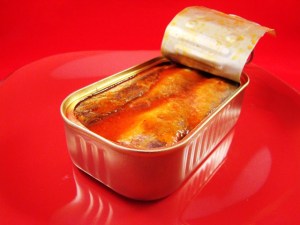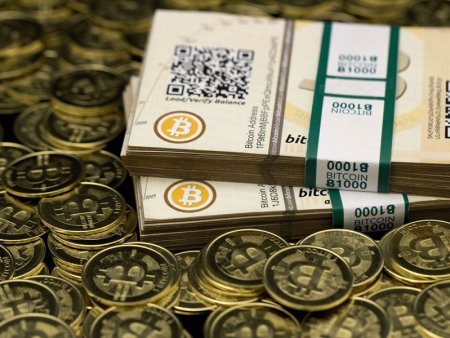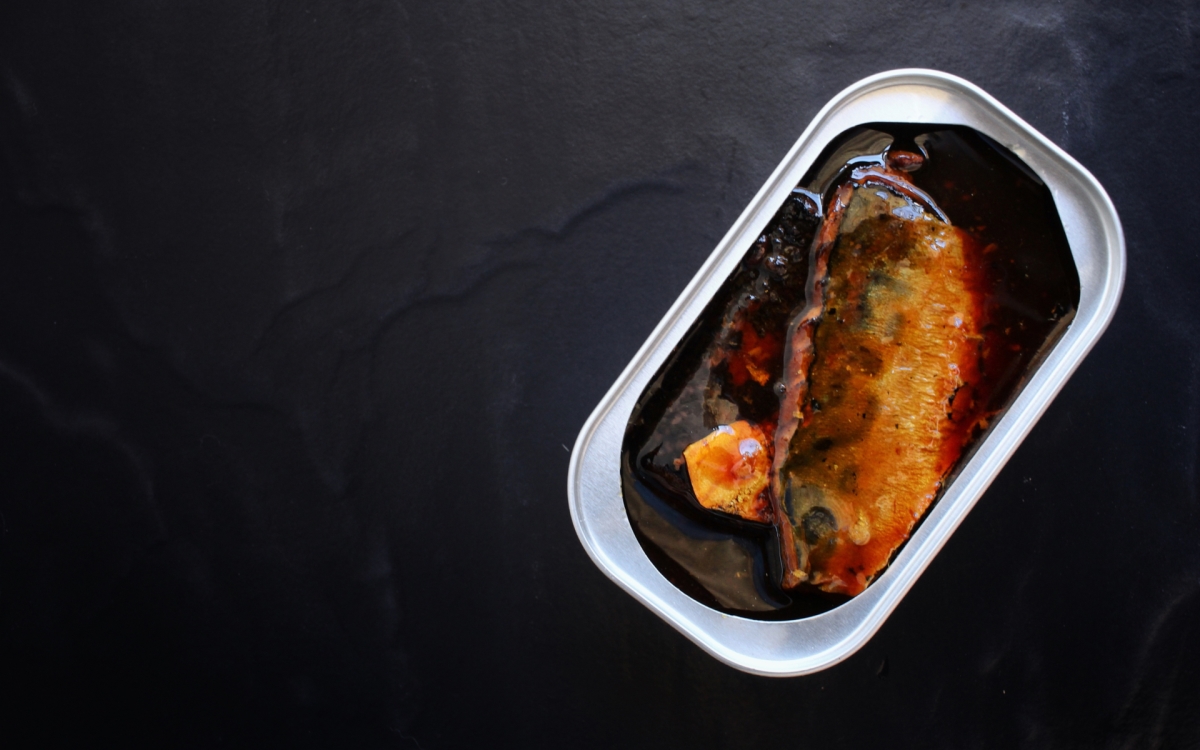
Give me a society, and I’ll show you a currency behind it. This is exactly what happened for Bitcoin entrepreneur Charlie Shrem. For a year of his life, he found himself in prison, a “sabbatical” as he called it. Interestingly, it turned out to be an important learning experience of economics, value, and currency.
[Note: This is an Op-Ed]
Mackerel or EMAK, the Prison Currency
While in prison, the inmates had developed a currency using tins of mackerel, according to Shrem.

Why did the inmates value the mackerel to begin with? You can eat it (intrinsic value), trade it, and the supply was controlled. You could buy a haircut, pizza, hire someone to clean your cell, etc. In fact, inmates doing time in prison for money years where hoarding their EMAK, as it was called, even though canned mackerel has a shelf life of approximately 3 years.
The breakdown goes like this:
- controlled supply
- can’t be counterfeited
- 1 mackerel ~ $1.50
- 1 inmate is allotted to 14 mackerels/week
- 14 mackerels x 500 inmates over 52 weeks
- EMAK (edible mackerels) ~ currency
But what happened next truly stunned Shrem. The inmates had created a new currency, Money Mak, expired mackerel.

Thus, an exchange rate was born: 2 money maks (MMAK’s)= 1 edible mak (EMAK’s)
Why was this new currency amongst the inmates valuable as well, which seemingly didn’t have any ‘intrinsic value’ because you could no longer eat it? Well, simply because people continued to use it and it functioned well as a currency.
MMAK Fails
So how did the MMAK eventually fail? Well, one day the authorities flooded the (prison) market by filling an entire mail container with MMAK’s. Inmates started grabbing the currency left and right. Due to this ‘hyper-inflation,’ people no longer found them as valuable.
Of course, we can see some of the mackerel monetary system’s similarities to Bitcoin:
- controlled supply/scarcity (21 million units)
- intrinsic/utility value
- can’t be counterfeited
But Shrem acknowledges in his article about the experience that he could not comprehend why the MMAK worked. Why would people find value in something that will expire, unlike bitcoin or gold, for example?
Well, perhaps that’s the wrong question to ask. This is because the need for a currency to exchange value inherently exists in society.
The Next Step in the Evolution of Money
The idea of something similar to Bitcoin also existed (and even predicted by some) at least in people’s minds before it was laid out to the world by Satoshi Nakamoto in 2008.

History has a tendency to repeat itself from seashells, precious metals to paper technology. Currencies work until they are no longer good enough and something better comes along.
Indeed, currency technology appears to have constantly evolved throughout history towards better utility and practicality.
Bitcoin is no different. It is a better form of currency for the digital and global age. But admittedly, it needs to grow and gain users or it will die. And yes, something else and something better will come along to fill this currency void if Bitcoin fails to meet society’s needs.
Fortunately, millions of people already believe in Bitcoin as the currency of the future. Just like the mackerel, the basic properties of a currency are there. In fact, it possesses almost all the characteristic needed to make it the “next step in the evolution of money,” according to Litecoin creator, Charlie Lee.
Cryptocurrency is the next step in the evolution of money. We just need to work towards making it fully fungible. #bitcoin #litecoin #monero pic.twitter.com/kGK2e1HRic
— Charlie Lee Ⓜ️🕸️ (@SatoshiLite) January 24, 2017
Furthermore, Bitcoin has no central authority unlike with the mackerel system (prison guards) or fiat currency (central bankers). Also, if you control your private keys, the bitcoin is yours, which you can send to anyone in the world. This alone has tremendous value.
With Bitcoin, you are in control. No government or central authority can shut it off or dilute its value by creating ever more currency units. Indeed, if we weren’t forced to use fiat money, which can be infinitely inflated with a printer or digitally multiplied with the stroke of a key, we might even all agree to use tins of mackerel instead.
Fortunately, we now have the (voluntary) option to use a superior form of currency, Bitcoin.
Why did the mackerel system work in prison? Will Bitcoin become the ‘crypto-mackerel’ for the world? Share your thoughts below!
Images courtesy of Shutterstock, Twitter


















